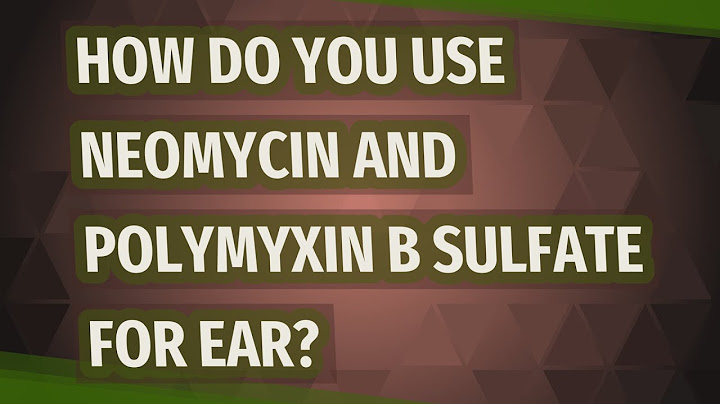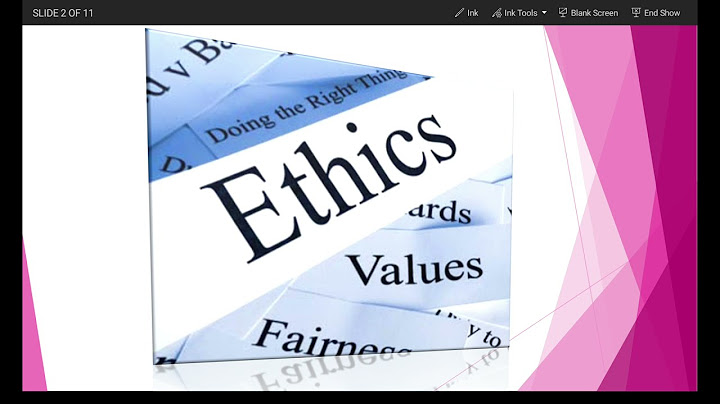 Show Do you ever hear noises that appear to come from nowhere, such as crackling, buzzing or thumping? If you wear hearing aids, it can mean that they require adjustment or aren’t fitted properly. But if you don’t wear hearing aids the noises are originating from inside your ear. You don’t have to panic. Even though we usually think of our ears with respect to what we see on the outside, there’s a lot more than what you see. Here are some of the more common sounds you may hear inside your ears, and what they may mean is going on. You should talk with a hearing specialist if any of these are lowering your quality of life or are painful and persistent, though most are short-term and harmless. Crackling or PoppingYou may hear a crackling or popping if the pressure in your ear changes, perhaps from a change in altitude or from going underwater or even from yawning. These noises are caused by a small part of your ear called the eustachian tube. The crackling sound happens when these mucus-lined passageways open up, letting air and fluid to circulate and relieving the pressure in your ears. It’s an automatic process, but sometimes, like if you have inflammation from allergies, a cold, or an ear infection, your tubes can actually get gummed up. In serious cases, when antibiotics or decongestants don’t provide relief, a blockage can call for surgical intervention. You probably should see a hearing professional if you feel pressure or persistent pain. Buzzing or Ringing is it Tinnitus?It might not be your ears at all if you have hearing aids, as previously mentioned. If you’re not using hearing aids, earwax could be your issue. Itchiness or possibly ear infections make sense when it comes to earwax, and it’s not unexpected that it could make hearing difficult, but how could it cause these noises? The ringing or buzzing is produced when the wax is pushing against the eardrum and suppressing its movement. The good news is, it’s easily solved: You can have the extra wax removed professionally. (Don’t try to do this by yourself!) Intense, persistent buzzing or ringing is called tinnitus. There are a number of kinds of tinnitus including when it’s caused by earwax. Tinnitus isn’t itself a disorder or disease; it’s a symptom that indicates something else is going on with your health. While it could be as straightforward as the buildup of wax, tinnitus is also related to conditions such as anxiety and depression. Tinnitus can be relieved by managing the root health issue; talk to a hearing specialist to learn more. RumblingThis sound is caused by our own body and is much less commonplace. Have you ever observed how in some cases, if you have a really big yawn, you hear a low rumbling? It’s the sound of little muscles in your ears which contract in order to provide damage control on sounds you make: They turn down the volume of chewing, yawning, even your own voice! We’re not claiming you chew too loudly, it’s just that those noises are so close to your ears that without these muscles, the volume level would be damaging. (And since you can’t stop speaking or chewing, we’ll stay with the muscles, thanks!) These muscles can be controlled by certain people, although it’s very rare, they’re called tensor tympani, and they’re able to produce that rumble at will. Thumping or PulsingIf you sometimes feel like you’re hearing your heartbeat in your ears, you’re probably right. The ears have some of the bodies biggest veins running near them, and if you have an elevated heart rate, whether from that big job interview or a difficult workout, your ears will pick up the sound of your pulse. This is known as pulsatile tinnitus, and when you go to see a hearing professional, unlike other types of tinnitus, they will be able to hear it as well. If you’re experiencing pulsatile tinnitus but you haven’t worked out recently, you need to see a specialist because that’s not common. Like other sorts of tinnitus, pulsatile tinnitus is a symptom rather than a disease; there are most likely health problems if it persists. But if you just had a good workout, you should not hear it when your heart rate goes back to normal. The site information is for educational and informational purposes only and does not constitute medical advice. To receive personalized advice or treatment, schedule an appointment.  Are you hearing crackling in your ear? A disorder called tinnitus can produce many different sounds in your ears including buzzing, ringing, whooshing, and crackling. Here is what you should know. Ever hear crackling, thumping, and buzzing sounds that seem to come out of nowhere? If you have hearing aids, it can mean that they need to be adjusted or aren’t fitted correctly. For everyone else, tinnitus may be the answer. Although we usually think of our ears with regards to what we see on the outside, there’s more than meets the eye – or in this case, the ear. Here are a few of the more prevalent noises you may hear inside your ears, and what they could indicate is going on. I’m Hearing a Snap, Crackle, And Pop in my Ears But What’s The Cause?It’s not Rice Krispies that’s for sure. When the pressure in your ears changes – whether from a change in altitude, going underwater, or just yawning – you might hear crackling or popping sounds. These sounds are caused by a tiny part of your ear known as the eustachian tube. When these mucus lined passages open up to neutralize the air pressure, fluid, and air move causing these noises to occur. It’s an automatic process, but sometimes, like if you have congestion from allergies, a cold, or an ear infection, your eustachian tubes can actually get gummed up from an excess of mucus in your system (don’t forget, that there’s a connection between your ears, throat, and nose). In extreme cases where decongestant sprays, chicken soup, or antibiotics don’t provide relief, a blockage could call for medical treatment such as surgery. What Does it Mean When I Hear Vibrations in My Ear?Sometimes tinnitus manifests as a vibration in the ears. Technically speaking, tinnitus is the medical term for when somebody hears abnormal noises, like vibrations, in their ears that do not come from any external sources. Most individuals will refer to it as a ringing in the ears and it manifests across the spectrum, from barely there to debilitating. Is There Anything I Can do?If you have hearing aids, again, checking those is the first step. There may be several reasons that you would hear these sounds: your batteries need to be recharged, the hearing aids aren’t properly positioned in your ears, the volume is too high, or your hair is rubbing up against it. But if you don’t use hearing aids and you’re hearing this type of noise, it might also be due to excess earwax. Dull hearing, itchy ears, and ear infections can frequently be caused by too much earwax but how could it be responsible for tinnitus noises? If it’s touching your eardrum, it can actually restrict the eardrum’s ability to function, which is what causes the ringing or buzzing. Luckily, dealing with earwax is frequently pretty straightforward. If you’re hearing odd sounds, call us. We can examine your hearing aid to make certain it’s functioning properly. Call Today to Set Up an AppointmentThe site information is for educational and informational purposes only and does not constitute medical advice. To receive personalized advice or treatment, schedule an appointment. How do I stop my ears from crackling?Home remedies for ear crackling. Pop your ears. Sometimes by simply swallowing, yawning, or chewing, you can unclog your ears and help equalize the pressure in your middle ear.. Nasal irrigation. ... . Earwax removal. ... . Over-the-counter (OTC) products. ... . TMJ exercises.. Is crackling in ear serious?Crackling in your ears is not usually dangerous unless you also have ear pain or a fever. You only need to ask your doctor for their advice if the noise bothers you or lasts a long time.
|

Related Posts
Advertising
LATEST NEWS
Advertising
Populer
Advertising
About

Copyright © 2024 ketiadaan Inc.

















